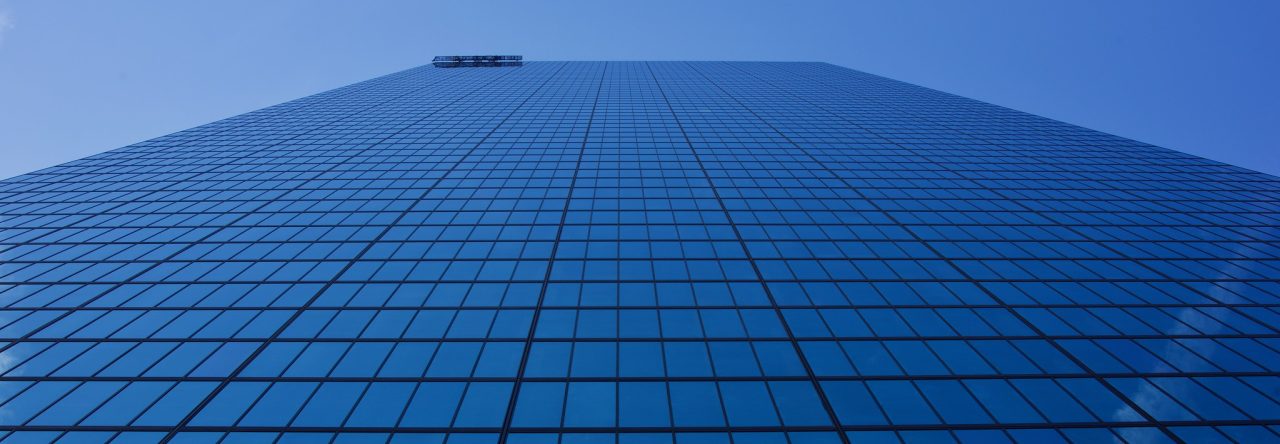The morning started with a set of “peer assists”, where the assembled technical expertise was applied to specific problems. Two people from the National Democratic Institute in Lebanon presented their ideas for a project to engage youth in the upcoming Lebanese municipal elections. Because voting patterns tend to closely follow sectarian lines, the group is trying to find features that cut across these divisions. Related projects that were mentioned include:
- an analysis of anxiety and excitement expressed on Twitter before the previous election.
- The Johnson and Johnson Baby Center that links women at same stage of their pregnancy, so they can share their experiences.
- A campus-wide game of Risk played at Yale
- News aggregation and crisis response services like Reuters Emergency Service, based on Instedd’sRiff, Al Jazeera Labs mobile reporting tools, and GeoChat
- Story aggregation services like StoryCorps, UNICEF OurStories, Ushaidi and VirtualGaza.
The group eventually settled on a Facebook app with a simple hook, something like “are you excited about the election?”, that lets the developers pull the users status updates to qualitatively analyze.
The second project was on mapping the slums of Cairo and Port Said, where there are issues of determining the informal infrastructure, because they are outside public services.
 City of the Dead
City of the DeadRoads, as such, are small and dynamic. Crime is endemic. Police do not venture in, and when they do, the consequences can be severe. Because the negatives are so overwhelming, it was hard to focus on the potential positives. However, there were analogous experiences and stories to tell in the room.
- Similar projects have been done in Khibera, which has much more NGO support than is available in Cairo.
- The German group GTZ has done work in “informal areas”, which are apparently not as underdeveloped as Zor Zara, which I can’t even find on a map.
- It is imperative to engage the community in the mapping process, so that they feel ownership over their space and the data that represents it. Mapping for mapping’s sake is not good enough, it needs to have a “real world” impact.
- But don’t just parachute in to save the day.
The discussion ended with a call for a field trip, so that we can see the place for ourselves.
After lunch, the Iraqi contingent presented the projects they have been brainstorming, and we tried to give technical advice as best we could. Translation of language and ideas was a hurdle, but I think we both got something out of it.

Leave a Reply